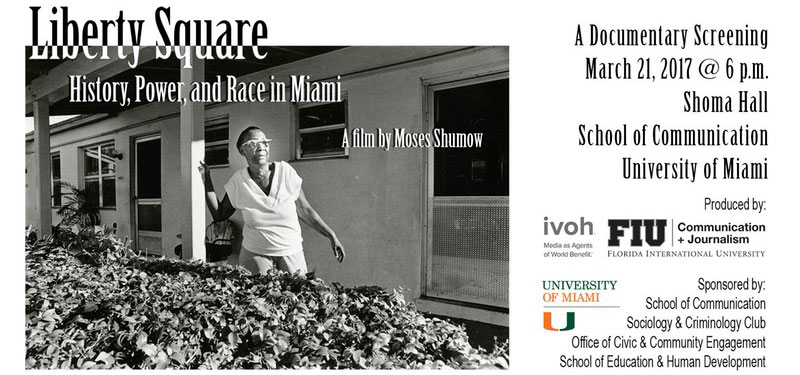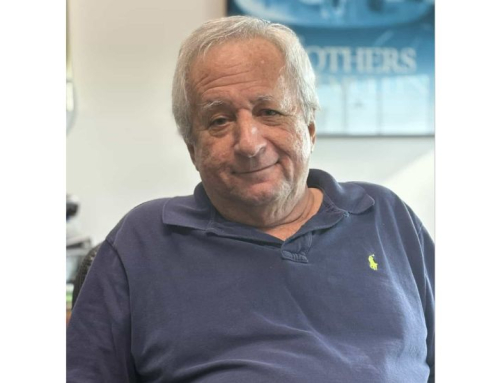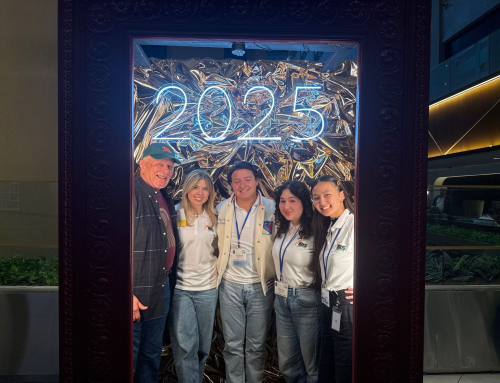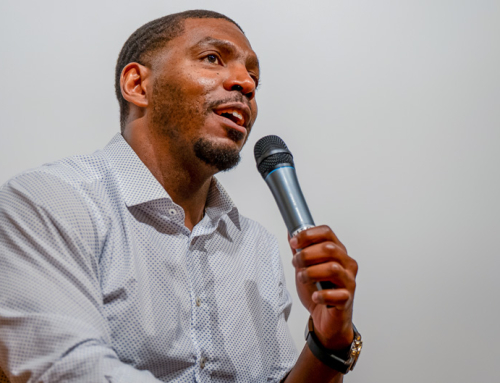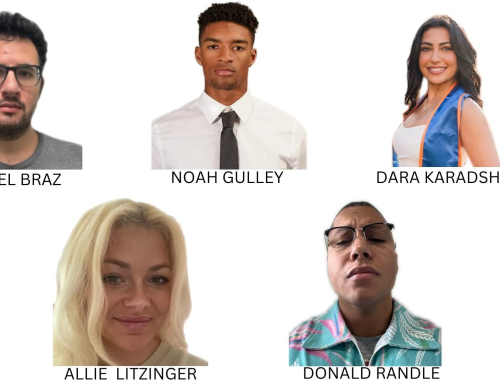University of Miami School of Communication is hosting a screening of the social documentary Liberty Square: Power, History, and Race in Miami, on Tuesday, March 21 at 6:30 p.m. The screening takes place during Associate Professor Sigman Splichal’s Seminar in News Ethics and Problems class. It will be followed by a Q&A panel featuring the producer of the film, alumnus Dr. Moses Shumow, Ph.D. 2010, Professor Sanjeev Chatterjee from the Department of Cinema and Interactive Media, and other experts on the social issues raised throughout the film.
Liberty Square: Power, History, and Race in Miami, was produced by Shumow, an associate professor at Florida International University School of Communication and Journalism. He earned his Ph.D. in communication from the University of Miami, and has produced nationally broadcasted documentaries for the Discovery Channel, National Geographic, and PBS.
In December of 2015, Shumow was awarded a Restorative Narrative Fellowship from Images of Voices and Hope (IVOH). IVOH is a media nonprofit that focuses on providing communicators with an opportunity to tell stories about how people and communities are finding hope, resiliency, and restoration in the aftermath or midst of difficult times. The fellowship gave Dr. Shumow the resources he needed to begin working on Liberty Square: Power, History, and Race in Miami.
“IVOH works with journalists to move beyond the headlines and tell restorative narratives about communities that may have been affected by trauma and how those people recover. I wanted to tell the story about a community that has undergone 70 years of trauma, going back to Jim Crow segregation. It raises a lot of questions about the future of Miami, affordable housing, and taking care of the greatest need in our community,” said Shumow
The film focuses on the rich history of Liberty Square, the oldest segregated public housing project in the U.S. built right in the heart of Miami. Constructed in 1937 during President Franklin D. Roosevelt’s New Deal, Liberty Square was part of a set of government-funded programs designed as a response to the calamity of the Great Depression. The community was created to give African-Americans the opportunity to move away from the crowded downtown Miami community, originally known as “Colored Town,” or “Over Town.”
In 2015, Miami-Dade Mayor Carlos Gimenez ordered Liberty Square torn down and redeveloped. Dr. Shumow’s film focuses on the stories of some of Liberty Square’s residents and what the future of this community might hold. According to Dr. Shumow, finding incredible stories and people wasn’t difficult, but he did face a few other challenges during filming.
“Initially, we had to overcome the distrust from the residents. They’re only used to seeing TV cameras when there’s a shooting or a drug bust. They resent that, because all they ever see about themselves in the news are negative portrayals. My students and I had to work to move beyond the notorious headlines, but finding the stories was not hard. It’s an incredible place,” said Shumow
Throughout the film, Shumow tells the story of residents who have been a part of the Miami community for decades, dating back to when Miami was a segregated city, and have built families in Liberty Square. Shumow plans on following up with these residents, who he now considers friends, as the redevelopment process begins to unfold.
During the summer, Shumow and his students will continue to better the historical community by working with students from Miami Northwestern High School and nonprofit organizations to introduce media arts to the community, something Shumow says has already positively impacted the residents, especially through the success of the Oscar award-winning film Moonlight.
“The people of the community feel a sense of gratitude because their stories are being told to the rest of the world beyond the nightly news. Moonlight was directed by my friend Barry Jenkins, who grew up in the community, and was based largely upon how he grew up. The success just shows the residents that there is a way out of the struggle through media arts,” said Shumow.
The film will screen during Splichal’s class, a professor who Shumow considers a mentor. Shumow hopes the message of the film will resonate with students and inspire them to move beyond negative stories and dive deeper into the community.
“As journalists, we have a responsibility to move beyond the headlines, and try to tell stories that have a greater sense of empathy toward poverty and race. I hope that some of what we’ll talk about during the panel and the film will resonate with students, and impact how they act in poorer communities and affect the stereotypes of the communities,” said Shumow.
The screening will begin at 6:30 p.m. and is open to all interested students, faculty, and staff. To attend, please register at https://www.eventbrite.com/e/liberty-square-power-history-and-race-in-miami-tickets-32394872937?aff=es2.
